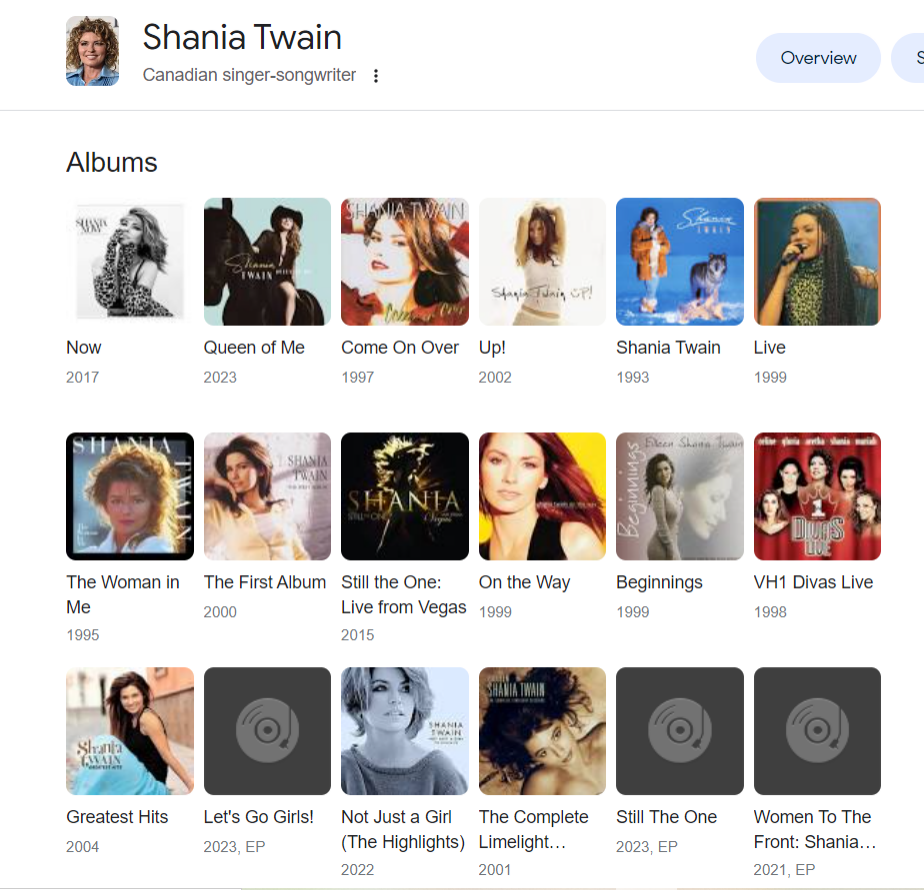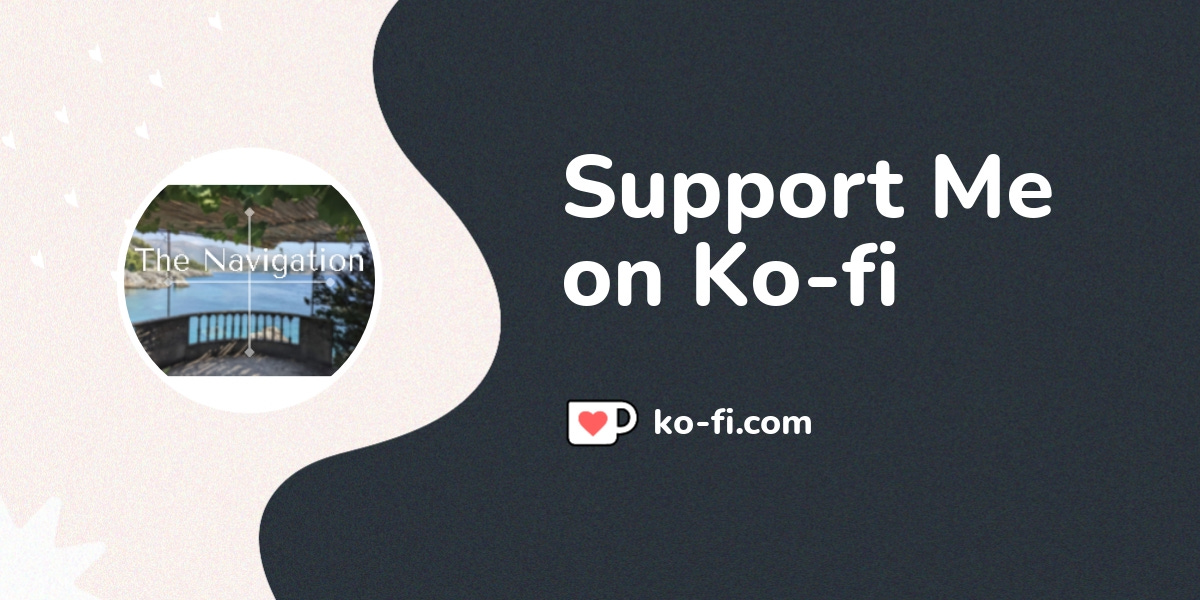Welcome back to the ‘Cultural Compass’ series of The Navigation, where each month I’ll be sharing a round-up of recently consumed culture (usually books, podcasts, articles; sometimes TV, and other miscellaneous items) that’s in some way had an impact on my thinking around navigating life.
Maybe something that’s caused me to reflect on an aspect of my life I want to change, something I want to strive for, a daily routine ‘hack’, or something that I just feel compelled to share, relating to the themes I’m thinking and writing about.
📑 Isolation Verses Connection
First up, a Substack post by
which I first started scrolling through on the tube then had to pause and save for a concentrated read as I began to feel the words resonate more than expected. I’m not sure how I had found it, from where I’d opened the link, but feel very glad to have discovered the work of this multi-hyphenate cultural critic. The piece has since been doing the rounds in various WhatsApp groups and online community spaces I’m part of - which I think makes it almost ironically comforting that so many have been touched by these musings.The post, entitled “no good alone”, explores the emergence of the mental health narrative which encourages focusing on oneself, through time spent alone, glamourising isolation as a prominent, if not the dominant, form of self-care and path to “healing”. Fisher-Quann highlights some of the downsides to this way of thinking, and how it can perhaps cause more harm than good - especially in relation to an individual’s, and our collective, mental health.
Now, I love time alone. I frequently crave it, relish it, and need it, I think, in order to function, but also in order to enjoy time with others - whether that be actively socialising or just being at home with my partner or my family. I even added
to my Substack recommendations recently, being a fan of her concept of “alonement” and the normality she brings to being alone but not lonely. (Excitingly for me she also recently subscribed to The Navigation - hi Francesca!👋).But my penchant for alone time can occasionally spill over into thinking I need to solve problems by myself, using only my own brain power, or that spending time with others might be a further drain on my energy after a long week - and this I think is where Fisher-Quann’s piece comes in. Instead of pushing away those close to us when we are stressed, angry, confused, sad (add in any manner of negative emotions here) it’s helpful to consider that those are the times we might actually need them the most. And while it can feel harder to open up, have a chat, ask for help, rather than retreat to the comforts of solitude (be it with a good book, new box-set, or worn-out journal), often that struggle is worth it - for the sake of ourselves, our relationships, and our mental health.
🎧 Writing and Publishing (or not)
On a slightly related but lighter note, I enjoyed listening to Abigail Bergstrom on the London Writers’ Salon podcast, during which she touched on her experience with burnout and the influence that has had on her career trajectory - which includes establishing publishing consultancy, Bergstrom Studios.
Bergstrom is a triple threat in the literary world, with expertise in editing, agenting and writing (among much more, I’m sure). While this is more than enough to make me interested in everything and anything she has to say, she is also originally from South Wales, and I love her honest references to things like having to catch the National Express coach to London, especially in the early days of her career. We share the pleasure of having retained our accents despite a number of years in London, and I think this sense of familiarity and honesty she exudes is an encouragement to others from small towns to dream big.
A few weeks back I also discovered
’s Substack, a treasure trove of advice, and found this recent post particularly resonant, essentially on why we struggle to identify with a self-descriptor if we don’t get paid for it. Here of course the context is about being a writer, and how we need not produce a range of best-sellers, find an agent at the first attempt at a novel, or even publish a regular newsletter, in order to call oneself a writer. The point is more to have a fierce interest in and level of dedication to the craft, engaging with it at different times for different reasons but always because we feel like we must.The point I want to make on the back of this is let’s not stop at writing - for me this applies to baking, sewing, cooking, painting. If these, or any other activities, are creative outlets you enjoy, but don’t sell, win awards for, or build a business from, does that determine your ability, or willingness, to describe yourself as a chef, a dressmaker? In my humble opinion, it should not.
How do you typically identify yourself, or what you do, and what might you be leaving out?
📺 Making It Big
From thinking about small-town-gals making it big in the world of words, I’ll wrap up this week highlighting another who made it big - so big in fact that she is the only woman in history to have three (consecutive) Diamond albums (yes, that’s bigger than multi-platinum) - in music.
Shania Twain’s distinct voice was frequently present through my childhood; hers were often my mother’s albums of choice for Sunday cleaning sessions. Though I was too young to appreciate the depth of the lyrics, I’m pretty sure I knew all the words to the hit classics as well as the back catalogue by age 7.
And so, on a recent trip home I suggested to my mother we watch a Netflix documentary I’d heard about, detailing the life and musical success of Twain. If you’re a fan and you haven’t watched it yet, get on it immediately. If you think she’s just a one-hit wonder known for “Man, I feel like a woman!”, please use this as an education. If you’ve never heard of Shania Twain before (really?) watch now for a lesson in dreaming big (à la Bergstrom, albeit in a different context), breaking down barriers, and not losing sight of what you really want to achieve - and why.
At 90 minutes there is a lot that isn’t documented, but I think the clear focus on her career is a helpful way to allow the audience to sit in awe and wonder at all she has achieved, especially through the 90s and 00s, without veering too much into her personal life, which often happens when her story is told. When touched on here, its largely in Twain’s own words and with her own reflections.
It’s an easy watch, yet one that had me, and Mam, glued to the sofa for the entire duration. Since then it’s had me diving into her outfit archive, listening to a few forgotten tunes, and generally just thinking about her focus, commitment and ambition for getting to where she wanted to be. It’s this latter point I think we can all take something away from, whether you’re a super-fan, Nashville novice, or think she’s just someone that gets the aunties on a wedding party dance-floor.
Who inspires you to think big? I’d love to hear your thoughts below!
PS…
If you like what you’re reading, and want to help fuel more, you can now buy me a coffee through Ko-fi. While there may be paid subscription features for The Navigation in future, for now all is free to anyone who wants to muse and meander along with me, so this is a way to support my work in the meantime.







Oh I adore this! A succinct and thoughtful framing of isolation vs connection - something I think about constantly since writing Alonement, and a question that comes right to the core of our humanity (the weird paradox of being fundamentally trapped in our own heads… but despite that thriving when we reach for community despite that). I totally agree the mental health narrative has become too skewed one way (I’m increasingly allergic to these polarities, unhelpful ways of thinking) and think you’ve explained that so well. Oh and I have this Shania documentary earmarked now… to watch with my mum! Thank you for a lovely Sunday read, and for the generous mention. x